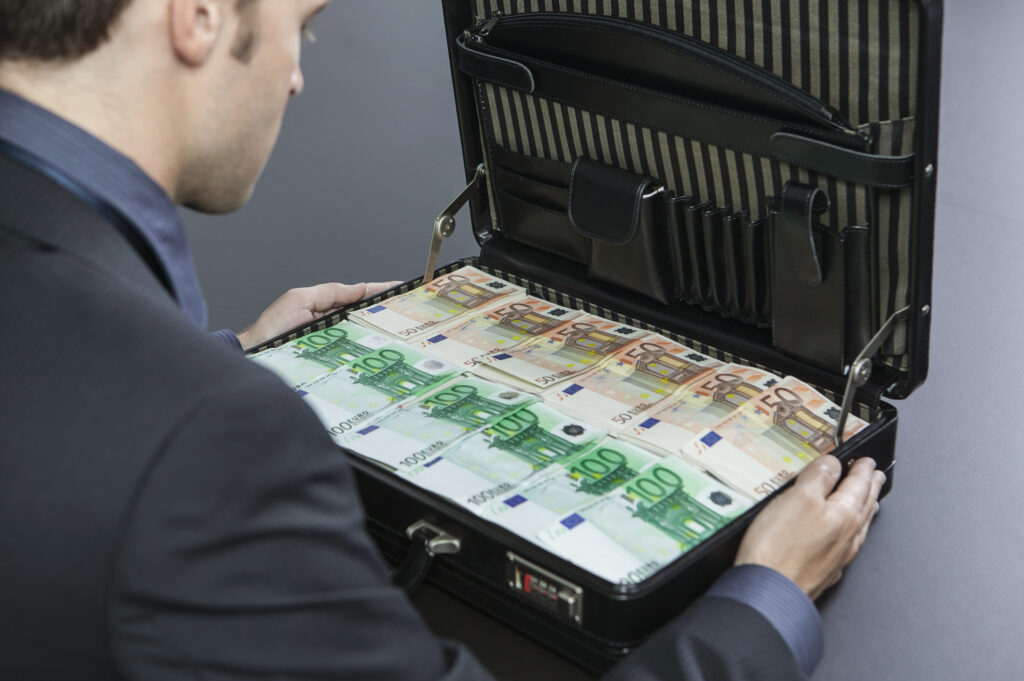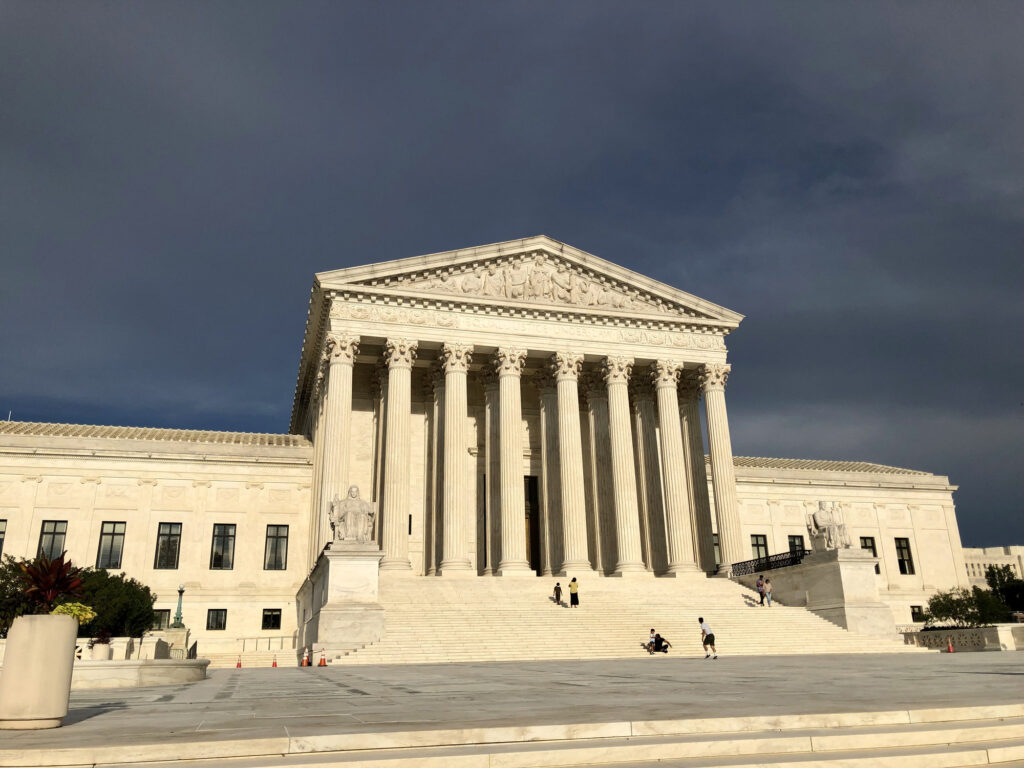Their election night parties have become distant memories, but members of Congress are still left with a major hangover: the unrelenting headache of a rising national debt.
Regardless of what happens in the lame-duck session, the new Congress will have to face facts in January: To avoid devastating tax increases, they must find ways to cut government spending.
The situation is dire: annual deficits in the hundreds of billions of dollars as far as the eye can see and debt in excess of $13.5 trillion, representing $180,000 per family of four. Many state and local governments have problems proportionally as severe.
Digging out of this hole will be tough enough, but taxpayers have other holes in the ground to worry about too, in the form of our crumbling national infrastructure. A recent report card by the American Society of Civil Engineers gave the nation an abysmal “D-” grade for the state of our roads and critical water/wastewater systems.
Leaky Water Lines
Nowhere are the poor grades more evident than in the tremendous number of water main breaks. More than 700 occur each day in North America, most of which aren’t due to old age but to materials that succumb to corrosion. A 2002 congressional study found corrosion costs U.S. water and wastewater systems upwards of $50.7 billion annually.
All those who have suffered from water main breaks would be angered to know many utilities have flawed planning processes that fail to adequately consider pipe materials—such as PVC—that could prevent such corrosion-related problems and are environmentally and fiscally sustainable.
The federal government should avoid trampling on decision-making within states and localities, especially for infrastructure projects where they know more about conditions on the ground (and underground) than a bureaucracy in faraway Washington, DC. Still, it’s only prudent that this decision-making be informed by all choices of materials and techniques.
Such a policy makes sense for any government, but since federal funding is involved in these projects, it’s all the more important to have open bidding processes for them. Congress can take the lead by creating guidelines that encourage officials to make sure all the most viable technologies are at the table.
Cost-Saving Measures
And that’s just one infrastructure problem. The National Taxpayers Union and our allies have produced numerous ideas for cutting costs and providing better value for taxpayers in infrastructure spending. These solutions should be attractive to all our elected officials because good government comes in blue, red, and green. Here are some of them.
- Eliminate federal Davis-Bacon rules which drive up the costs of infrastructure projects by requiring “prevailing” (i.e., often overinflated) wages to be paid on contracts. A recent study by the Beacon Hill Institute found Davis-Bacon requirements add about 20 percent to the cost (without any benefit) of public projects. Davis-Bacon strictures were added slapdash at the end of the big stimulus bill, resulting in more money being spent for no additional return.
- Implement “technical auditing,” a detailed cost-analysis process that could net serious savings on water and sewer replacement efforts. One such investigation in Atlanta flagged millions in savings, and that’s just for a single city.
- The maintenance of existing infrastructure should be sold or contracted out to the private sector, helping to keep operating costs lower over the long term. To cite just two examples, this could take the form of commercially financed toll roads or a privately administered, user-fee-based air traffic control system (with government safety oversight).
- Regulatory changes can help, too. Allowing heavier trucks on interstates (with an extra axle and user fee) can reduce congestion, cut emissions, and boost economic efficiency without net increases to road damage.
They say the road to hell is paved with good intentions. If so, it may be the only road left in any sort of admirable condition. The rest of our infrastructure is in desperate need of taxpayer-friendly solutions to get us moving (and flowing) in the right direction again.
Pete Sepp ([email protected]) is executive vice president of the National Taxpayers Union (ntu.org), an independent, nonpartisan advocacy organization for overburdened taxpayers. This article originally appeared in The Hill. Used with permission.



